



The Zambia group has already sent 3 containers with school furniture, computers, bikes, books, sports goods…
Thank you to all donors and participants !


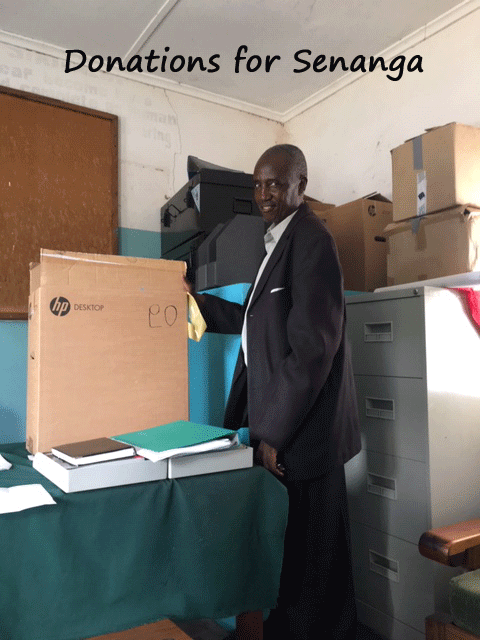
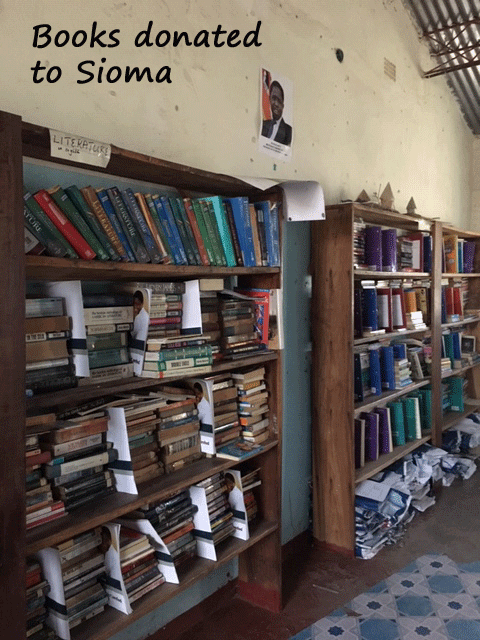
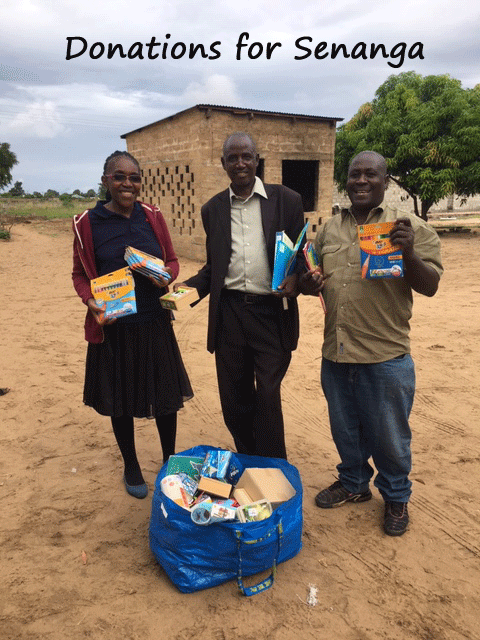
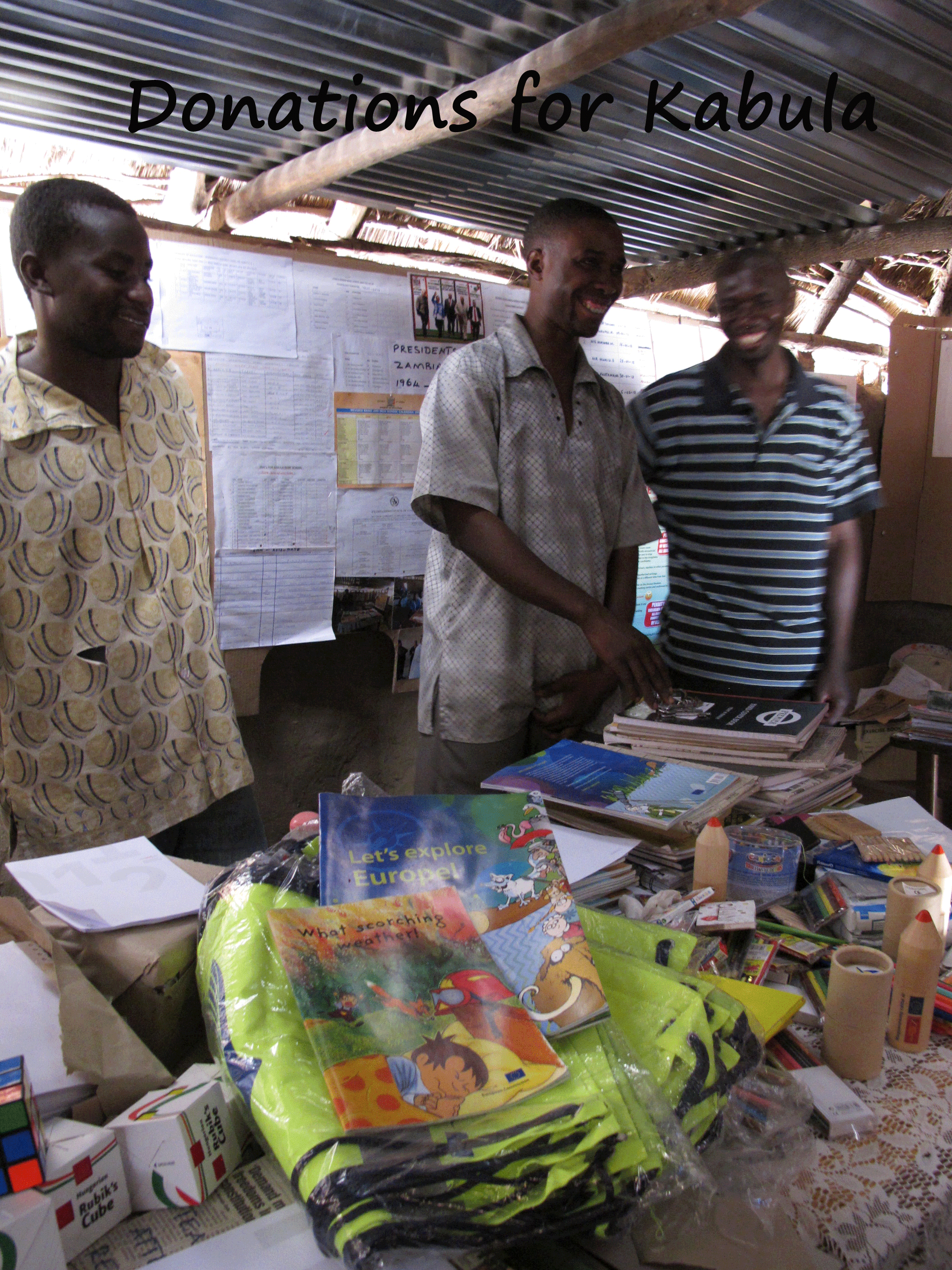
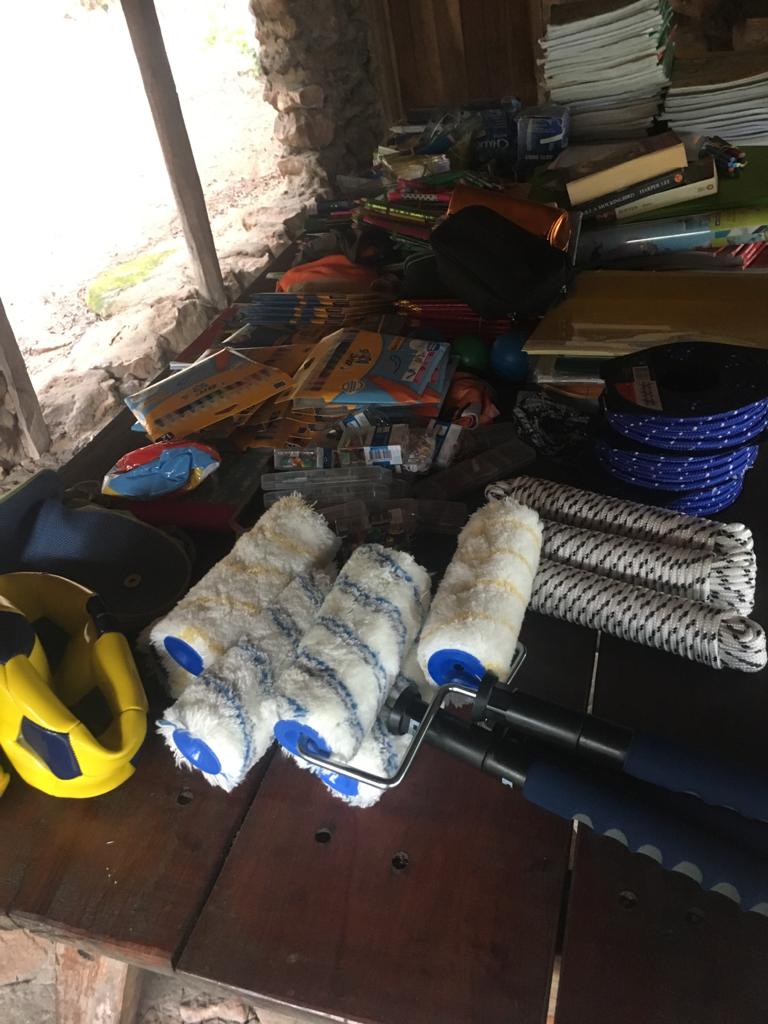
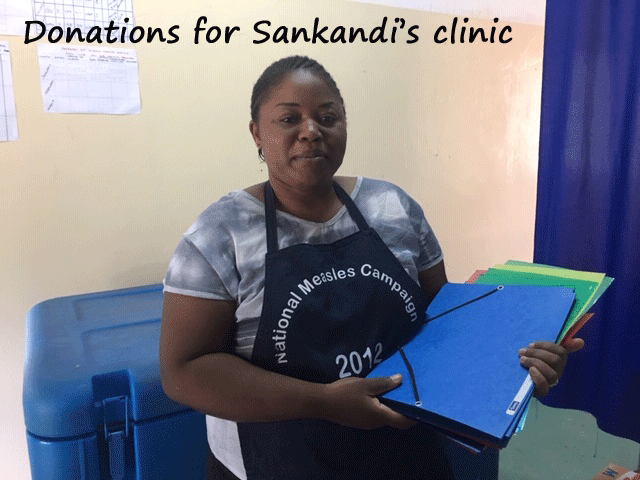
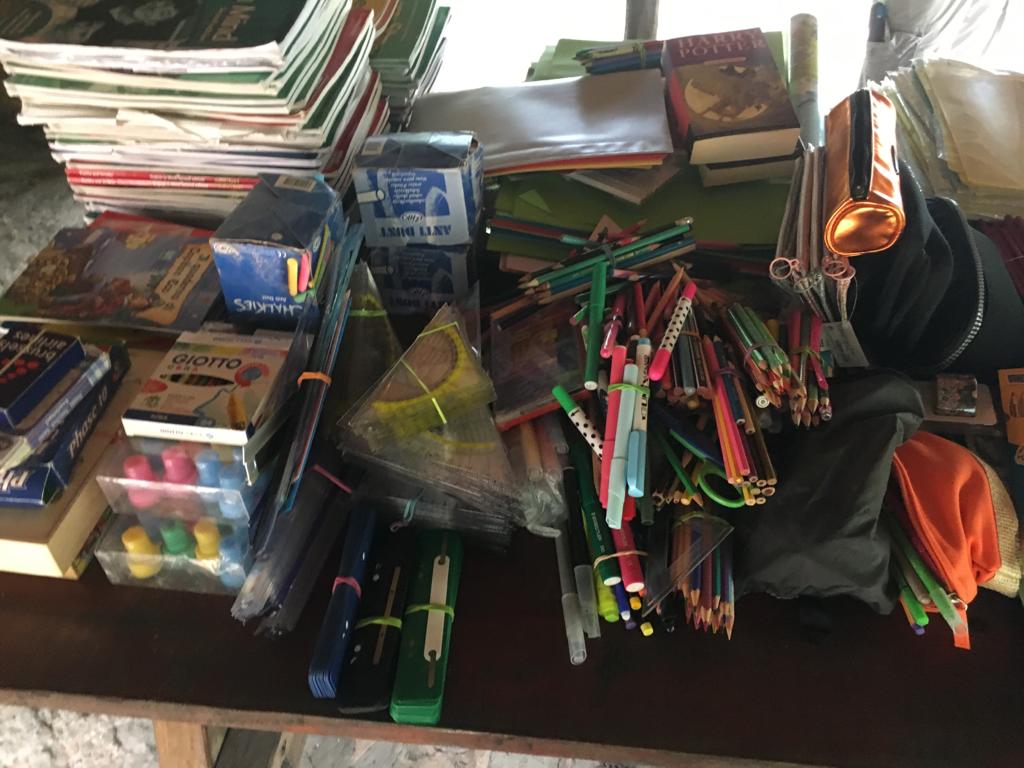
Since 2001, the Zambia Project has helped develop lots of microprojects in all the schools supported ZEEC thanks to the energy of our members.






The Zambia Project is a Humanitarian Project aiming at both improving educational and health. This non-profit project fully complies with the 17 Sustainable Development Goals developed by the United Nation. For example, the Zambia Project fully endorses:

The Zambia group has already sent 3 containers with school furniture, computers, bikes, books, sports goods…
Thank you to all donors and participants !









Since 2003, the Zambia Project has helped develop lots of microprojects in all the schools supported ZEEC thanks to the energy of our members.






The Zambia Project is a Humanitarian Project aiming at both improving educational and health. This non-profit project fully complies with the 17 Sustainable Development Goals developed by the United Nation. For example, the Zambia Project fully endorses:


The Zambia group has already sent 3 containers with school furniture, computers, bikes, books, sports goods…
Thank you to all donors and participants !









Since 2003, the Zambia Project has helped develop lots of microprojects in all the schools supported ZEEC thanks to the energy of our members.






The Zambia Project is a Humanitarian Project aiming at both improving educational and health. This non-profit project fully complies with the 17 Sustainable Development Goals developed by the United Nation. For example, the Zambia Project fully endorses:
